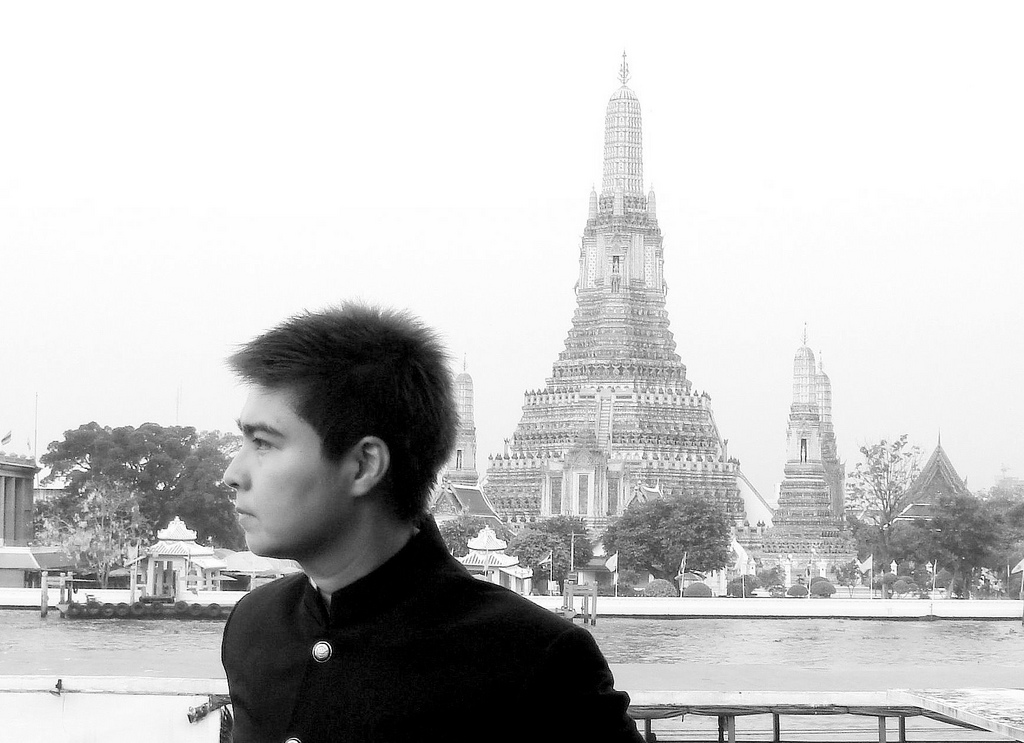Day 34: Sociology of Knowledge
In my Dictionary of Sociology (Penguin, 2000), there was no mentioning about Sociology of Literature, per se. But I accidentally found it casually mentioned under Sociology of Knowledge. According to the Dictionary, Soc of Lit typically asks how social institutions influence particular literary forms or novelists.
However, when I tried to look up Soc of Knowledge in Wiki, hoping to find some reference to Soc of Lit, I couldn't find any. Wiki's entry for Soc of Knowledge is as follows.
------------------------------------------------
------------------------------------------------------Sociology of knowledge. (2007, April 1). In Wikipedia, The Free Encyclopedia. Retrieved 17:54, May 8, 2007, from http://en.wikipedia.org/w/index.php?title=Sociology_of_knowledge&oldid=119560664Sociology of knowledge
The sociology of knowledge is the study of the relationship between human thought and the social context within which it arise, and of the effects prevailing ideas have on societies. (Compare history of ideas.)
The term first came into widespread use in the 1920s, when a number of German-speaking sociologists wrote extensively on it, notably Max Scheler, and Karl Mannheim with Ideology and Utopia. With the dominance of functionalism through the middle years of the 20th century, the sociology of knowledge tended to remain on the periphery of mainstream sociological thought. It was largely reinvented and applied much more closely to everyday life in the 1960s, particularly by Peter L. Berger and Thomas Luckmann in The Social Construction of Reality (1966) and is still central for methods dealing with qualitative understanding of human society (compare socially constructed reality).
Although very influential within modern sociology, the sociology of knowledge can claim its most significant impact on science more generally through its contribution to debate and understanding of the nature of science itself, most notably through the work of Thomas Kuhn in The Structure of Scientific Revolutions (see also: paradigm).
It seems, for many people, when they think about knowledge, they seem to think mostly of science. That's why there was no mention of other branches of Soc of Knowledge here, which is too bad.
Within this week, I plan to finish the first chapter of my proposal and make an appointment with my adviser to see him some time next week to discuss my progress.
From last meeting with him, I have shifted my attention to semiotics and was able to tighten up my objectives. Let's see what he thinks.










No comments:
Post a Comment